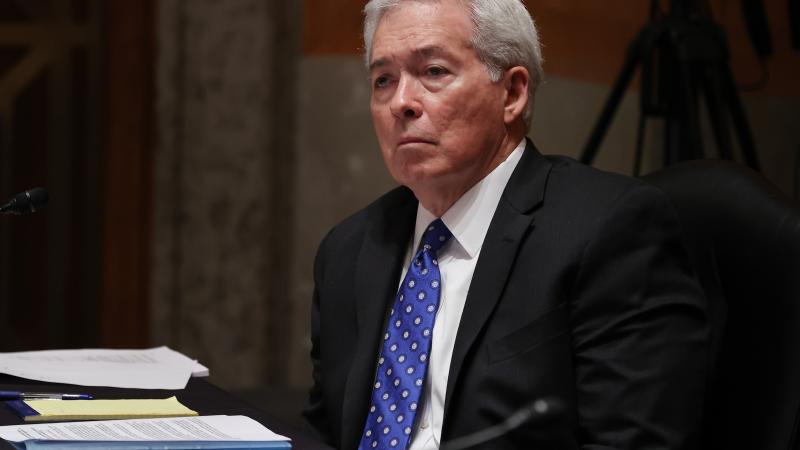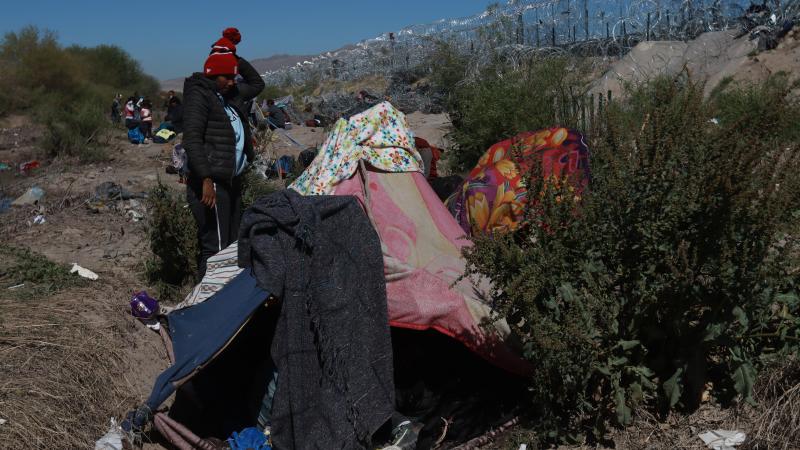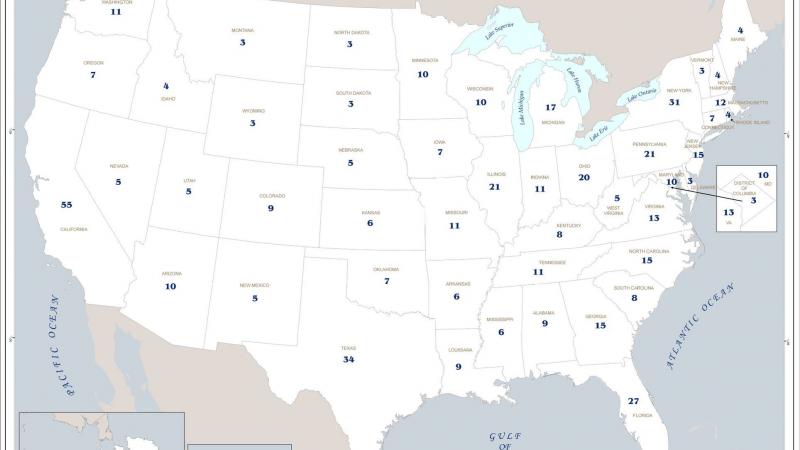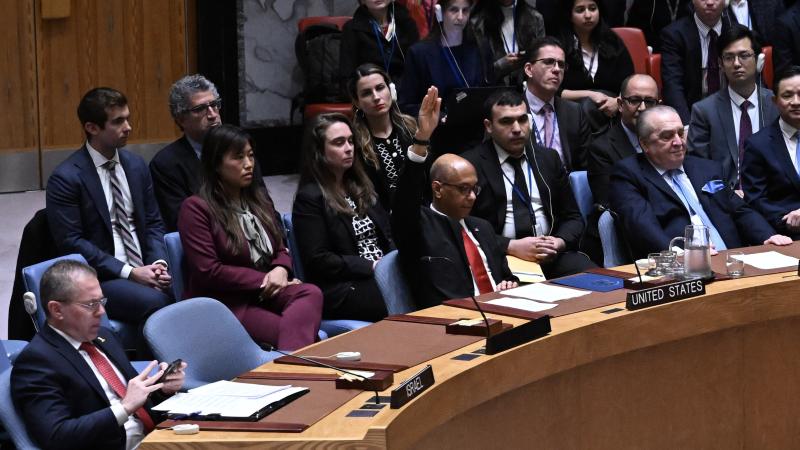Medical experts shred latest CDC COVID-19 study, even as agency director echoes lockdown skeptics
COVID-diabetes study would "never pass peer review in this form," said former Harvard Med School dean. "CDC must do better."
Even as CDC Director Rochelle Walensky has started sounding more like COVID-19 policy skeptics, the agency continues promoting research that fits its agenda but quickly provokes professional challenge.
For the second time in less than a month, medical experts pounced on the methodology of a study published in the agency's Morbidity and Mortality Weekly Report, which is not peer-reviewed.
The CDC's COVID and diabetes researchers found that children and teens who recovered from infections are "up to" 2.5 times likelier to develop diabetes, which was uncritically reported across mainstream media Friday.
The increased risk to this age group shows the importance of COVID prevention, "including vaccination for all eligible persons," researchers wrote. "Prevent COVID-19 by using tools like masks and #vaccines for those eligible," the agency tweeted.
Medical professors at the University of Pittsburgh, University of California San Francisco and Harvard's medical and public health schools quickly provided informal — and highly critical — peer review.
The study has "really really major limitations," according to Walid Gellad, director of Pitt's Center for Pharmaceutical Policy & Prescribing, citing its own disclosures.
The researchers used a "single ICD-10-CM code, did not include laboratory data at the time of diagnosis, and could not reliably distinguish between type 1 and type 2 diabetes," the study says. It's also missing information on "covariates" including obesity that "could have affected the association" between infection and diabetes.
"The CDC is back with a new piece of propagan— I mean, a new publication," UCSF's Vinay Prasad wrote in a lengthy analysis, calling the study "embarrassing."
The analysis "hinges on the idea that age-sex matched kids without covid should be comparable to the kids who got covid in terms of risk of diabetes," but the infection may be more likely to affect "kids of lower socioeconomic status, of certain races, and kids who were already overweight or suffering from medical problems," he wrote.
"Does the CDC attempt to correct for any of these confounders? Not at all," Prasad said. Also not considered: "the true denominator" of infections as determined by seroprevalance and the increased blood tests for kids who get treated for COVID.
He was baffled why the CDC claimed the study showed the need for child vaccinations, "a topic of wide global debate, with differing recommendations by nation (US vs UK)."
Harvard public health professor Joseph Allen twice warned colleagues and the media against promoting the "really bad" study. Its shortcomings are "not the usual minor stuff," he stressed.
He cited the "[d]ifferential exposure misclassification" and limitation of the studied database to insured people seeking care as reasons to be skeptical. "No covariates (obesity?!)" Allen tweeted incredulously.
The study would "never pass peer review in this form. CDC must do better," tweeted former Harvard Medical School dean Jeffrey Flier, a "long-standing diabetes researcher" who still teaches at the school.
This fall, Walensky repeatedly promoted a study of Arizona schools that found those without mask mandates were 3.5 times likelier to suffer COVID outbreaks.
It didn't face serious scrutiny until last month, when an investigative journalist found some schools weren't open across the full study period. Other experts swiftly faulted the study's failure to control for vaccination status and the exclusion of masked students from one county's definition of "close contacts."
Just the News asked Harvard Med's Flier whether his views of the agency's trustworthiness have changed in recent months, perhaps in light of its promotion of the Arizona school mask study.
"Overall, I'm a supporter of CDC and its efforts, though like all other institutions, even the best, it is imperfect and errs from time to time," he wrote in an email. Given his research, he wanted the public to know they "shouldn't view that [diabetes] report as well established or a significant cause for concern."
He declined to "speculate" on whether the agency has become too political with COVID or lowers its standards for research that fits its agenda.
The promotion of convenient but questionable research is somewhat at odds with Walensky's statements in recent weeks, including her confirmation that common COVID tests can return effectively false positives for 12 weeks after infection.
In a Sunday interview with Fox News host Bret Baier, she acknowledged Supreme Court Justice Sonia Sotomayor made a false claim Friday that 100,000 children were in "serious condition" with COVID.
Though she emphasized that unvaccinated people of any age were at much higher risk of hospitalization, Walensky also admitted the jump in child hospitalizations includes those "screening in" with COVID as opposed to admitted for COVID. National Institute of Allergy and Infectious Diseases Director Anthony Fauci made the same distinction a week earlier.
That raises a bigger question the CDC director avoided with Baier: the reliability of the U.S. COVID death count.
Walensky didn't answer his question about how many of the officially recorded 836,000 COVID deaths are "from" versus "with" the virus, meaning other health problems played a bigger role. She pivoted to the agency's pending analysis of deaths with and from new variant Omicron.
Changes to death certificate reporting early in the pandemic have drawn relatively little public attention. Yale public health professor Harvey Risch is among the few scientists to question that change, while two Oregon lawmakers have asked for a federal investigation.
Walensky also tweeted Sunday that the CDC is "taking steps to protect those at highest risk" due to age, disabilities and chronic health conditions. "I went into medicine — HIV specifically — and public health to protect our most at-risk," she said.
The emphasis on high-risk populations defines the Great Barrington Declaration, a medical statement published in October 2020 that promotes "focused protection" and opposes lockdown policies for their harm to public health. Its authors have been widely vilified.
The CDC didn't respond to requests to answer the criticism of the diabetes study and explain the apparent evolution of its views closer to critics of COVID-19 restrictions.
The Facts Inside Our Reporter's Notebook
Links
- Morbidity and Mortality Weekly Report
- uncritically reported across mainstream media
- agency tweeted
- really really major limitations
- UCSF's Vinay Prasad wrote
- twice warned colleagues and the media
- No covariates (obesity?!)
- former Harvard Medical School dean Jeffrey Flier
- some schools weren't open across the full study period
- common COVID tests can return false positives
- interview with Fox News host Bret Baier,
- Sonia Sotomayor made a false claim
- jump in child hospitalizations
- screening in" with COVID
- Anthony Fauci made the same distinction
- Walensky didn't answer
- Harvey Risch
- two Oregon lawmakers have asked
- tweeted Sunday
- Great Barrington Declaration
- widely vilified.















